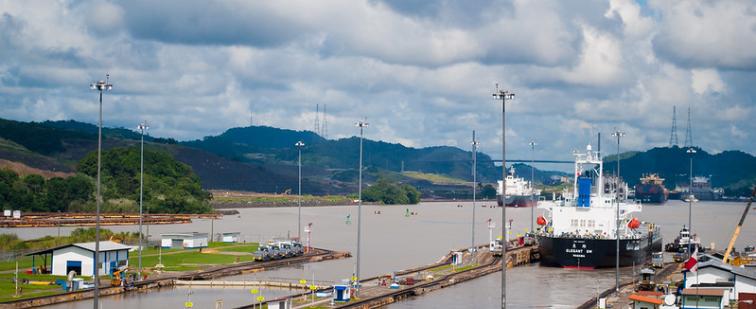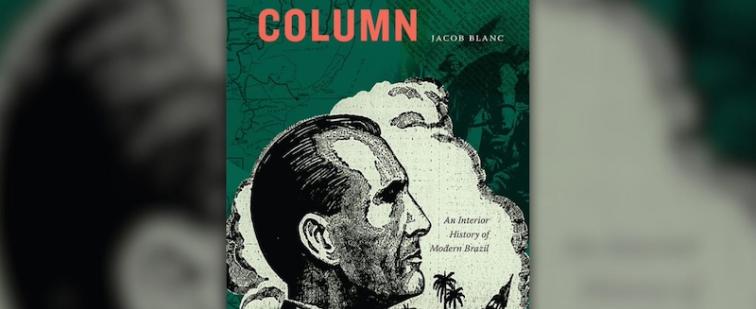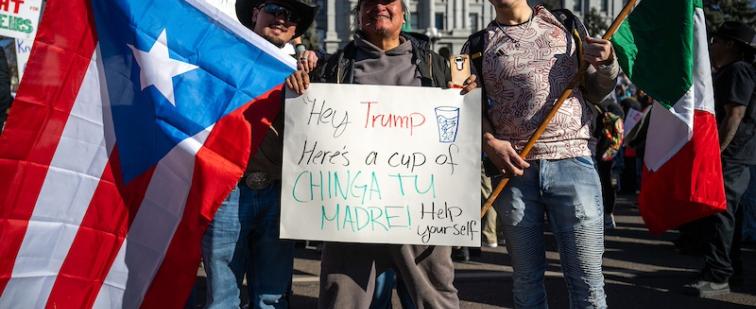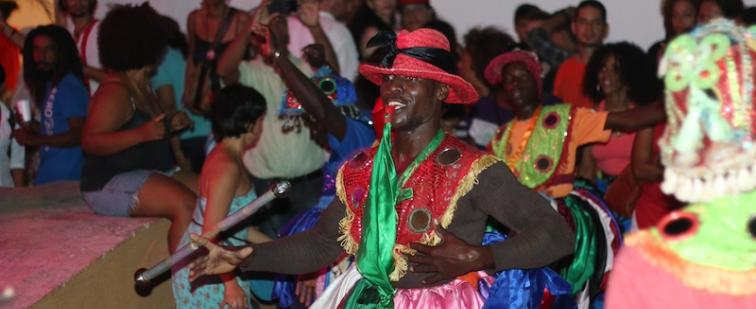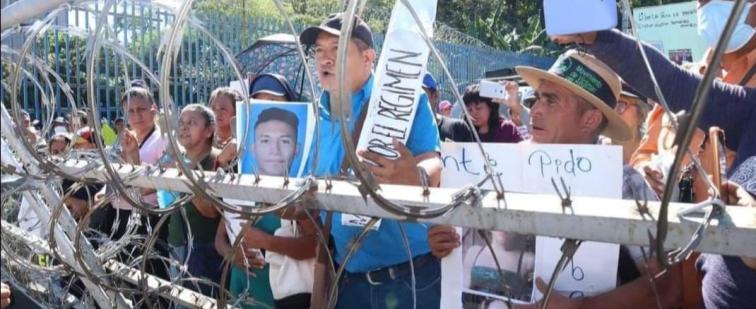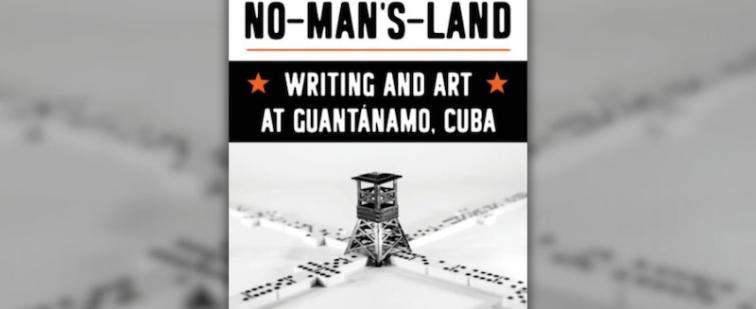Home
July 25, 2012
John Gibler's 2011 book, "To Die in Mexico," does not pretend to offer an easy solution to Mexico’s drug war, but the voices of survival and courage in the face of the country’s brutal narco-violence are a testament to the strength of the human soul and a reminder to keep fighting for the change we want to see.
The Other Side of Paradise
July 20, 2012
On January 11, 2012, Beverly J. Oda, Canada’s former Minister of International Cooperation, announced that the Government of Canada would be committing $19.9 million to the resettlement of 5,000 families, who were left homeless and were living in the internally displaced camp in Champs de Mars. She also remarked that “If all we do is clear the Champ de Mars, we will have failed.”
Rebel Currents
July 20, 2012
How the iconic Cuban song Guántanamera came to America 50 years ago, thanks to the U.S.-Cuban trade embargo and a progressive summer camp.
July 17, 2012
Sergio Haro is a veteran reporter for Zeta, an independent newsweekly in Tijuana, Mexico. Haro has reported widely on organized crime and violence on Mexico’s northern border, and for his efforts, has worked under constant credible threats. He is the central figure in Reportero a new film directed by Bernardo Ruiz, which will be shown this Wednesday, July 18, at 7:30 PM at the Spanish Benevolent Society, 239 West 14th Street in Manhattan. The screening is a benefit for NACLA. Tickets are $20 and will be available at the door. What follows is a brief interview with Haro conducted this week by Fred Rosen.
Cuadernos Colombianos
July 16, 2012
Former president Alvaro Uribe Velez has built a coaltion of reactionary political forces and social groups to challenge president Santos's peaceful overtures and his attempt to return lands to those dispossessed by right-wing groups and the landed elite.
Manufacturing Contempt
July 16, 2012
A New York Times article indicates an outsized role of U.S. forces in Honduras, but does not utilize relevant information from previous reports; progressive news and commentary highlight the alarming decline of Honduran sovereignty.
The Other Side of Paradise
July 13, 2012
On July 5, Guyana’s Ministry of Natural Resources and the Environment announced that it would suspend new river mining claims due to growing concern about widespread environmental damage. The announcement comes at a time when gold prices are soaring and many Canadian and Brazilian multinationals are scrambling to capitalize on Guyana’s vast mineral wealth.
Rebel Currents
July 13, 2012
Following a two-week vigil in La Paz, frustrated lowland indigenous marchers protesting the Bolivian government's plan to build a highway through the Isiboro-Sécure Indigenous Territory and National Park (TIPNIS) have decided to return to their native communities. The marchers have pledged to resist the government's proposed consultation process on the road.
July 12, 2012
Dear friends - As you may know, I was recently honored at NACLA’s 45th Anniversary Benefit Gala with the 2012 Latin America Peace and Justice Award. Now, I want to invite you to join me in supporting NACLA’s ongoing mission to inform and educate journalists, activists, teachers, and students throughout the hemisphere by donating generously today.
Border Wars
July 11, 2012
In May, U.S. Immigration and Customs Enforcement imposed the deportation program known as "Secure Communities" on New York State despite widespread opposition throughout the state and from Governor Andrew Cuomo. This development serves as a lesson about the challenges of fighting a federal immigration policing regime that few have questioned systematically.

